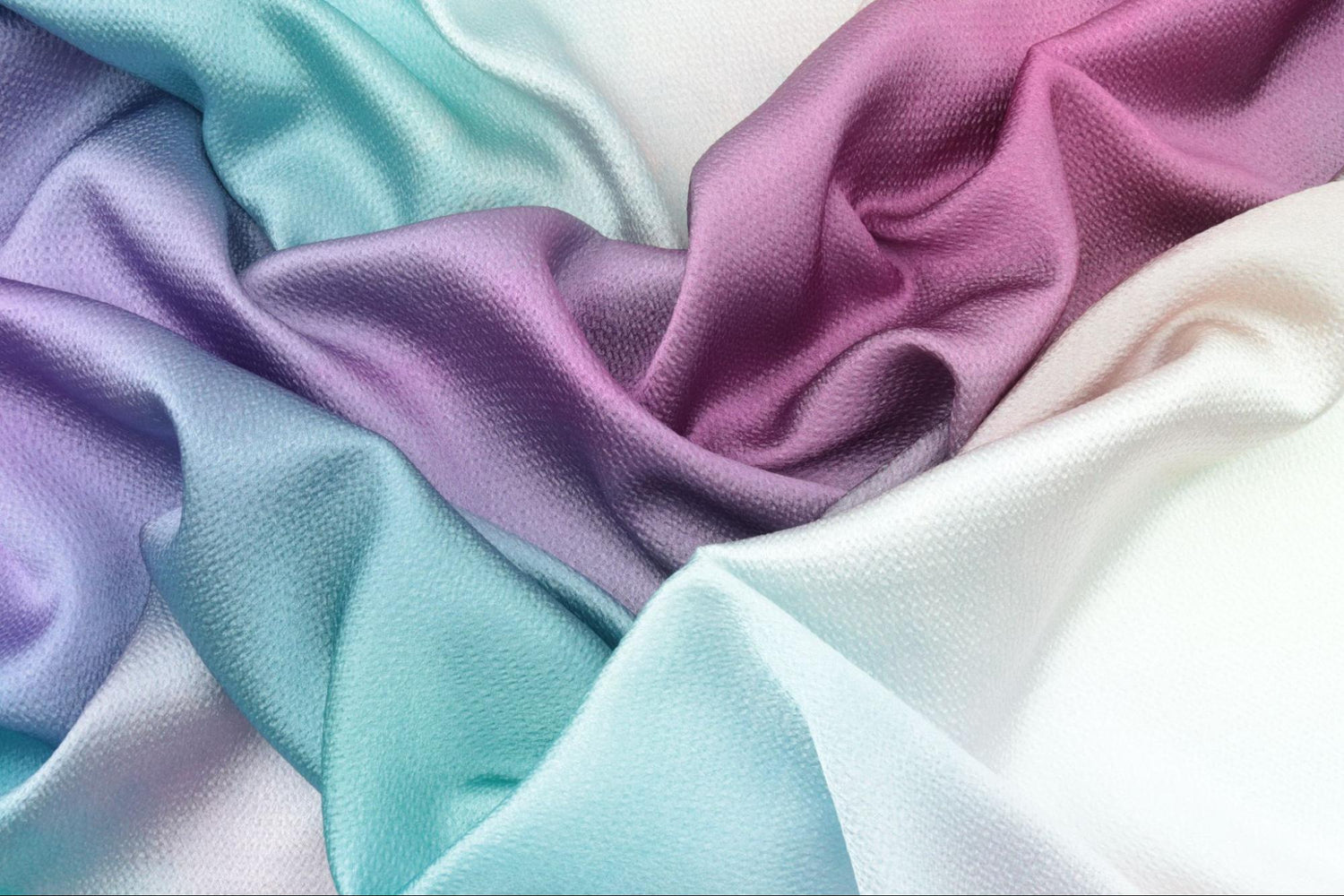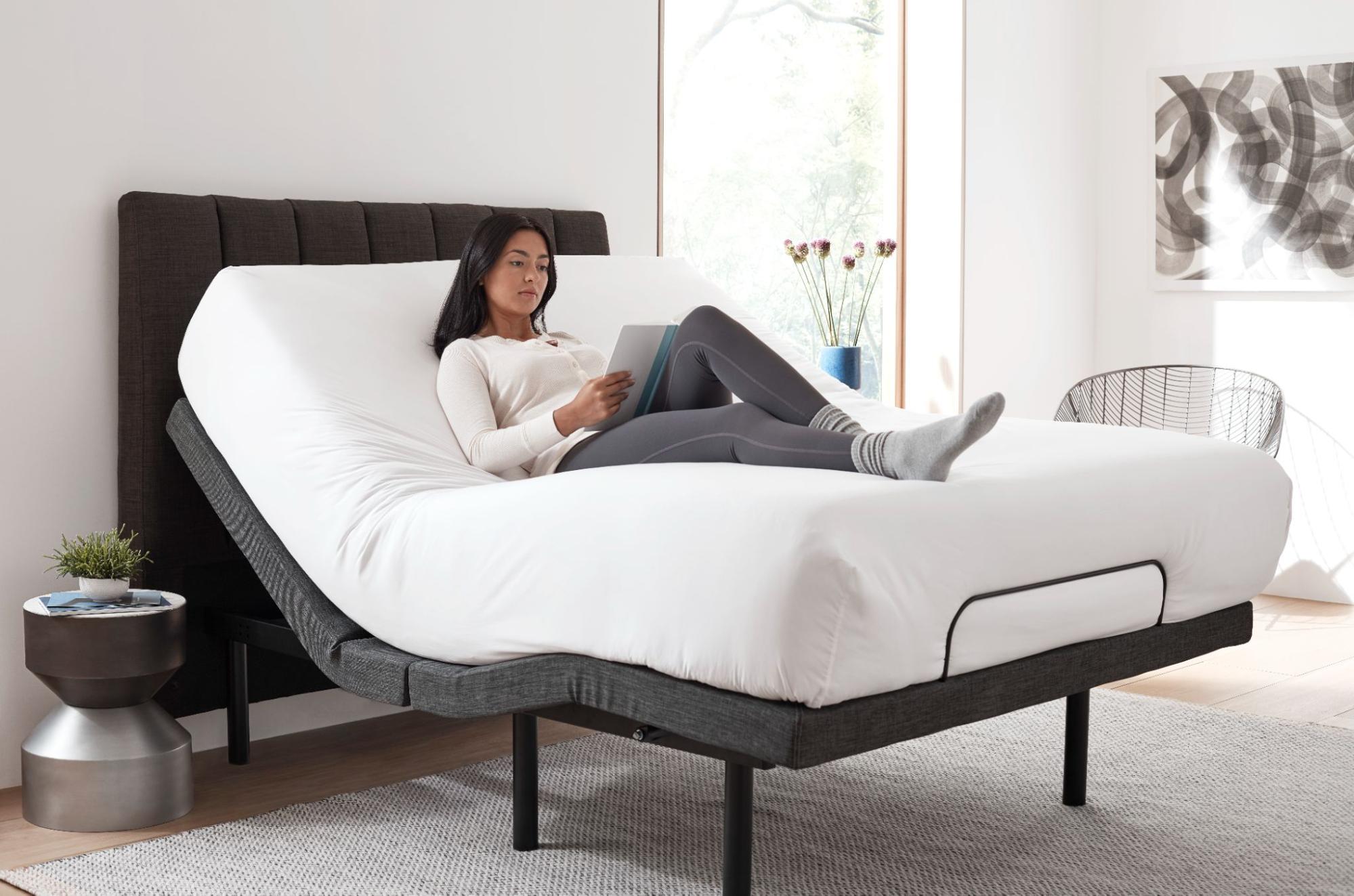Your bed is your sanctuary. As such, you want it to be the most peaceful, comfortable, and relaxing place in your home. Otherwise, you won’t be able to get a good night’s sleep, which is essential for waking up feeling refreshed and ready for the day.
Whether you’re looking to upgrade your current sheets or purchase a new bed and bedding, you want to feel confident that your purchase will be smart, promising comfort and quality for many sleeps to come.
As an educated consumer considering various options, you know to review the product description in search of thread count information that can help guide your decision. However, information has come to light that creates confusion for consumers seeking clarity on which products are superior.
Keep reading to discover why thread count claims should not be the only litmus test for bedding quality, which other factors you should take into consideration as you compare products, and why Sleeptone may be the right brand.
Thread Count: Why It Does (Or Doesn’t) Matter
When people search for a new pair of sheets, they almost always pay attention to the thread count. It’s been a common belief that the higher the thread count, the better the quality.
Thread count refers to the total number of yards (horizontal and vertical) per square inch of fabric in sheets. Thus, it’s assumed that a set of sheets with a higher thread count will be softer and more luxurious because it can fit more soft pieces in a square inch compared to tougher, less comfortable yarn.
With that in mind, it’s easy to believe that the best thread count for sheets is 1,000 and up and that a higher thread count equates to a more luxurious and high-end set of sheets. However, with a deeper look at the industry, the U.S. International Trade Commission found that many foreign manufacturers are hiding the truth about the materials they use and the quality of their products, promoting sales under false pretenses with dishonest claims to customers about thread counts.
In actuality, some of these companies (especially those hailing from China, Pakistan, and India) have been accused of outrageous misrepresentations, such as labeling their product as 1000-count bed linen when in fact, they may only have 500 or even 350.
These claims misrepresent the real thread count by considering the multiple strands of thread that are twisted together to form the yarn. With this method, a single yarn can be counted two, three, or even four times, depending on how many strands are bonded before weaving. This can easily equate to a set of sheets with a 200 thread count labeled as 800 and up.
As confirmation of how frequently thread count is misrepresented, it has been reported that the Good Housekeeping Institute tested eight sheet sets and found that seven of them flunked the thread count test, proving highly exaggerated numbers in their thread count claims.
Another potential cause for inflated thread counts is using low-quality and cheap products, such as certain kinds of cotton and synthetic materials. Manufacturers can pack more of these threads into a single section, manipulating the thread count. The issue is that filler threads such as these lack durability, leading to fraying and scratchiness after several washes.
In light of the above, consumers may want to reconsider whether thread count should be the central aspect to consider when evaluating bedding.
Industry Deceits To Be Aware Of
In addition to the question of the validity of thread count claims, bedding companies are also using other tactics to gain an edge over their competition. In an effort to promote their products, manufacturers are often tempted to cut corners on quality and safety in order to offer the lowest price possible. Here are some tactics that consumers should be aware of when purchasing bed sheets:
● Use of Toxic Materials
Some companies use toxic materials to treat their sheet sets in order to make them more durable and able to withstand wear and tear. Unfortunately, these materials can be hazardous to human health and can cause serious health issues if inhaled or ingested. Without disclosing use of these chemicals on the label, consumers are unaware of the risks involved.
● False Representation of Quality Fabrics
Extra Long Staple (ELS), which is the pinnacle of quality in the bedding industry, is a more robust, softer, and long-lasting quality found in quality bedsheets. This prevents pilling over time, and gives you an overall better sleep experience. However, there will be manufacturers who falsely represent their products as ELS.
Some unscrupulous manufacturers claim to use high quality materials, such as Egyptian cotton and silk, but the reality is that these fabrics can be of much lower quality than advertised. In some cases, manufacturers may even blend synthetic materials with the natural fabrics, without disclosing this to the buyer.
Additionally, certain brands have come up with a method of misrepresenting their products as high-quality bed sheets by applying a soft and smooth coating to the fabric's surface. While it feels great in-store, this supple coating washes off over time, leaving the sheets feeling more like burlap or linen canvases than comfortable bedding.
These obnoxious falsehoods leave customers in a predicament and feeling uncertain about who and what they can really trust.
How to Protect Yourself When Purchasing Sheets
Now that the extent of false manufacturer claims has been exposed, customers can no longer rely on the validity of manufacturers' statements about their products.
Experts in the industry recommend that consumers be wary of sheets that are too cheap, as they may be made with lower-quality materials, have a shorter lifespan, or have unknown chemicals or dyes. Consumers who are aware of manufacturer’s marketing tactics and gimmicks can make informed decisions that will serve them well for the long run.
To avoid being fooled by false labels, consumers should look for labels or certifications that verify the safety and quality of the fabrics used. Be on the lookout for a manufacturer's warranty or guarantee that indicates that sheets have been tested and verified to meet certain criteria, which should provide some assurance of quality.
Terry J. Lundgren, Former Chairman and CEO of Macy’s, Inc. advises: "When it comes to bedding, consumers should look for Oeko-Certified products to ensure quality materials and responsible production. Oeko-Tex® certification is the globally recognized standard for sustainable textiles and guarantees the highest safety for people and the environment."
Choose Sleeptone with Confidence
At Sleeptone, we take pride in manufacturing exclusive bedding products that stand out from the sea of sheets on the market by way of their premium materials, and attention to detail.

Don’t take our word for it. We have certifications to prove it!
Sleeptone high-end bedding products are OEKO-TEX certified, displayed proudly on the labels. This certification proves that every component of the fabric has been tested and found to be free of harmful substances, including over 350 regulated and non-regulated substances such as azo dyes, formaldehyde, heavy metals, and pesticides.

In addition, our Eucalyptus Sheet Set is made from TENCEL™-certified fabric that is spun from yarn derived from eucalyptus bark. This eco-friendly material is made of natural fibers that offer a soft hand feel and luxurious appearance, all while being entirely compostable and biodegradable.
Not only that but the certified bio-based fibers are manufactured in an environmentally responsible manner, ensuring this set of sheets is an eco-friendly product from start to finish.
Sleeptone Sheet Sets You Can Trust
We’re focused on providing our customers with certified Sleeptone bed sheets that surpass the standards for quality, and we’ve been doing so for the last 40 years. We are a trusted brand that focuses solely on comfort, quality, and good value for the price, which is why so many customers return time and time again.





Leave a comment
This site is protected by hCaptcha and the hCaptcha Privacy Policy and Terms of Service apply.